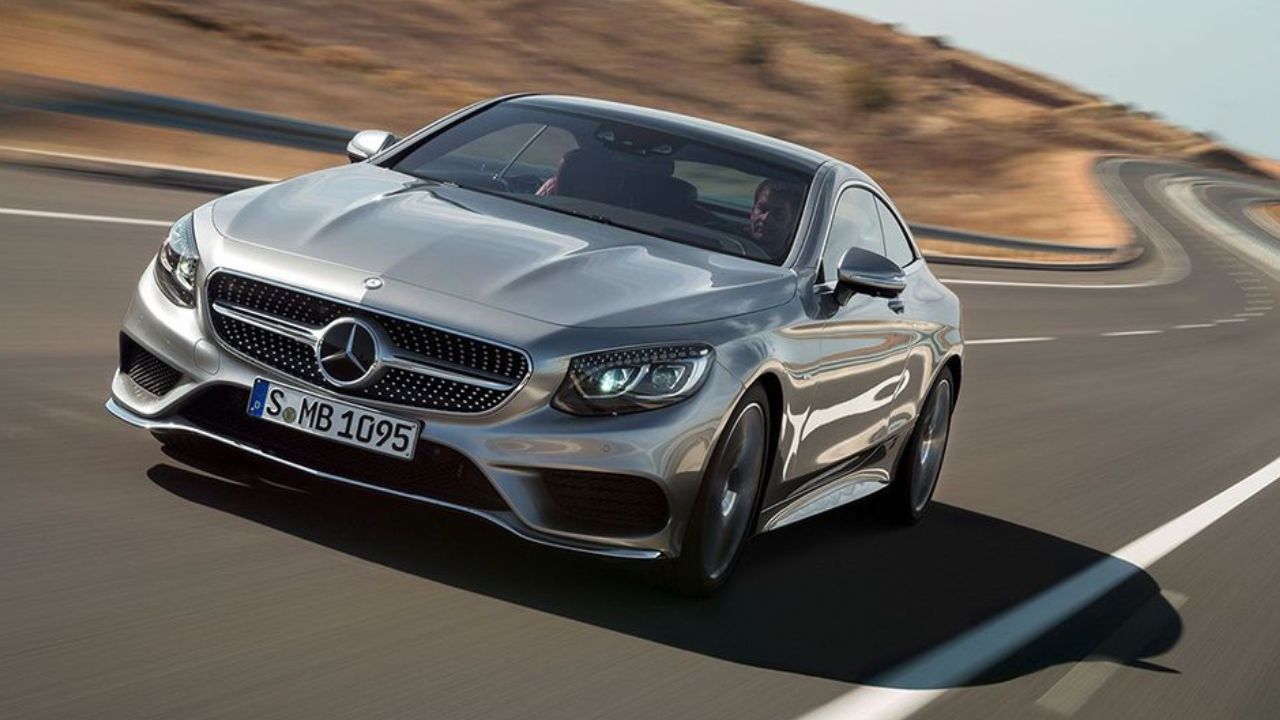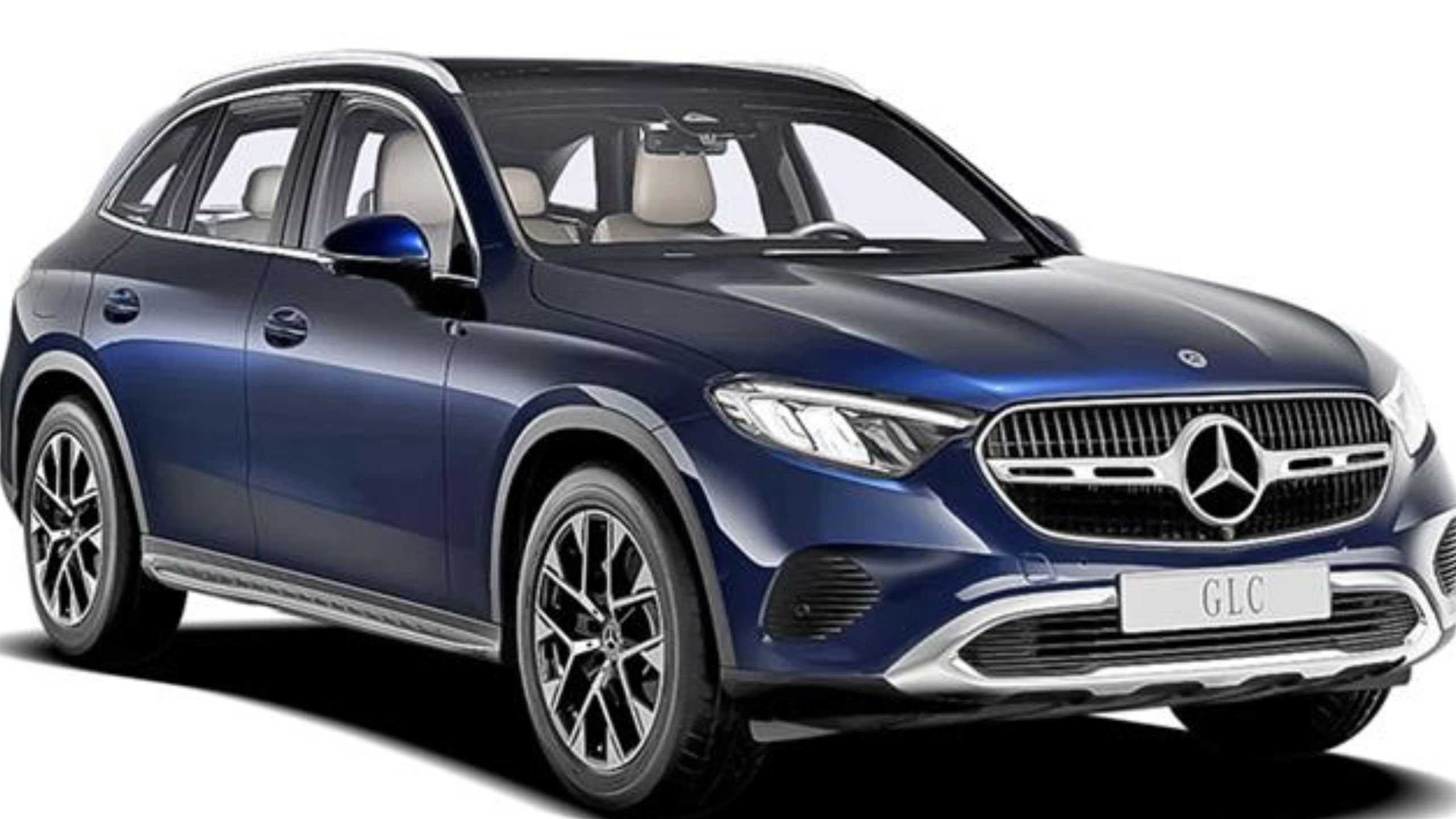Subscriptions have emerged as a fresh source of revenue for car manufacturers, allowing them to generate additional income even after the initial sale of the vehicle.
Initially prevalent in the luxury segment, this trend has spread to mainstream brands through the establishment of online stores. Comparable to purchasing downloadable content for a video game, car owners can now augment their vehicles with additional features.
Mercedes serves as a prime example of how car companies can boost profitability by offering customers the option to purchase certain features post-purchase.
When asked about BMW’s decision to charge extra for heated seats, Magnus Ostberg, the Chief Software Officer of Mercedes, emphasized their approach of providing a “luxury and holistic experience” without constantly charging customers for add-ons.
While acknowledging the existence of subscription packages, Ostberg highlighted Mercedes’ commitment to avoiding overtly nickel-and-diming their clientele.
In 2022, BMW attracted negative attention for introducing a subscription plan for heated seats.
Despite the necessary hardware being already installed in the vehicles, access to this feature was gated behind a paywall.
Customers who had not initially selected the heated seats option could unlock this functionality post-delivery, though the move was met with significant backlash and ultimately abandoned. However, BMW continues to offer various other features on a pay-to-use basis.

In a similar vein, Mercedes faced criticism in 2021 for introducing a subscription plan for the advanced rear-wheel-steering system of the EQS. While the luxury sedan came standard with a 4.5-degree steering angle at the rear in certain markets, owners had the option to pay extra for the full 10-degree steering.
Notably, the more sophisticated system was included as standard on EQS models sold in the United States. Additionally, Mercedes offered subscriptions to access enhanced power from select EQ models.
Both Mercedes and BMW offer an array of post-purchase features. Mercedes’ Excellence Package boasts 22 “digital extras,” including auxiliary heating/ventilation, remote door locking/unlocking, and remote window/sunroof control.
Other available features include digital radio, adaptive cruise control, and adaptive headlights. BMW provides similar offerings in its UK shop, including adaptive cruise control, Apple CarPlay integration, and map updates.
Some features are available through monthly or yearly subscriptions, while others require a one-time fee for permanent access.
Automakers foresee subscriptions becoming significant revenue generators. Stellantis, for instance, anticipates earning an additional €4 billion annually by 2026 through its “monetizable connected cars,” with projections reaching €20 billion per year by the end of the decade.
While paying for access to features already present in the vehicle may be perceived as challenging, automakers are confident that consumers will be willing to subscribe. A survey conducted by S&P Global Mobility indicated that 82 percent of respondents were open to obtaining a subscription.

